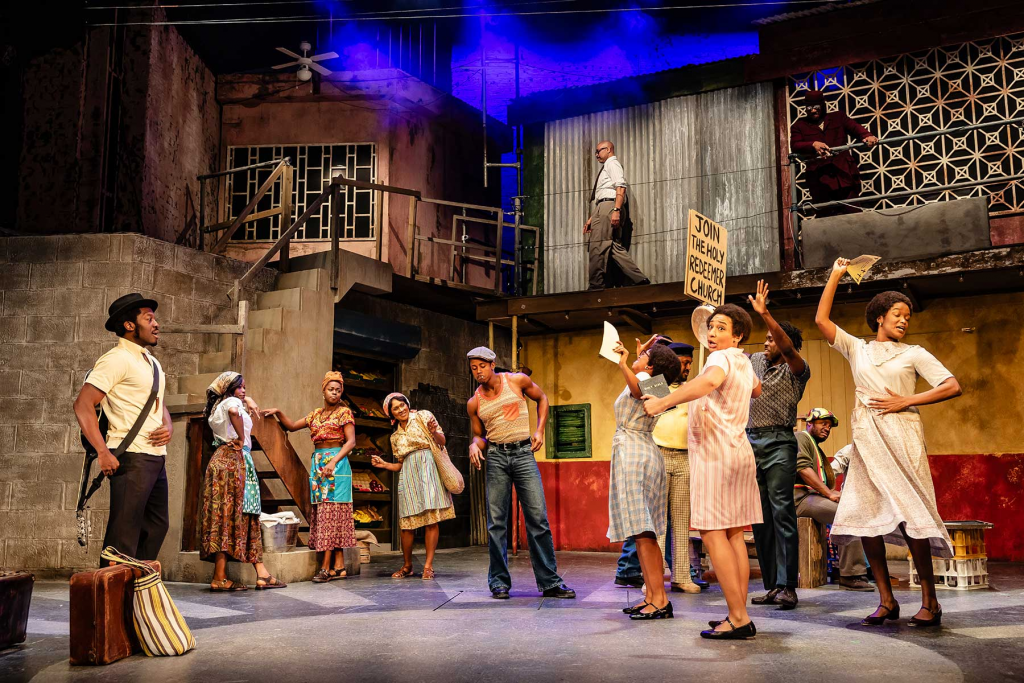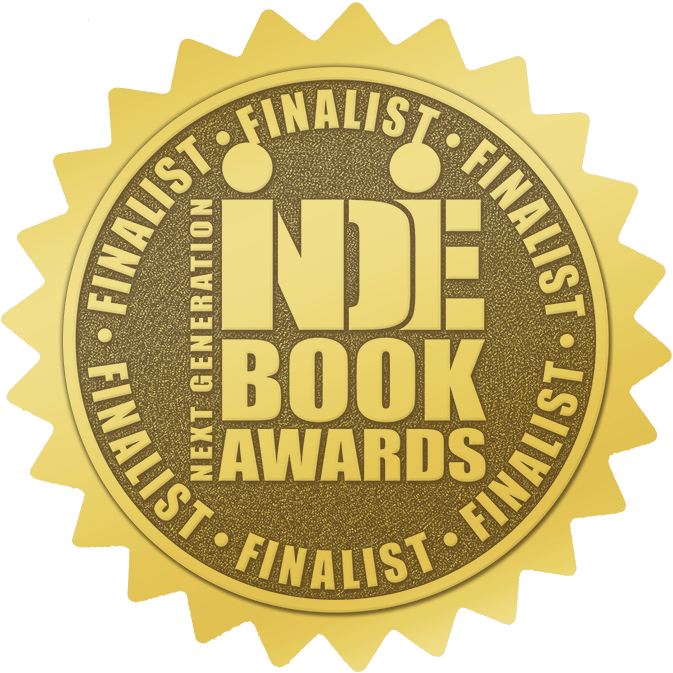There are nights in the theatre when you can feel the walls breathe – when the rhythm of the story seeps beyond the stage and into the audience’s pulse.
Just over a week ago, on a damp Thursday afternoon, I attended the production of The Harder They Come – The Musical, at the Theatre Royal Stratford East and left with a mixture of exhilaration and reflection. Here was a show that strives to combine the rebellious spirit of the 1972 film with the energy of a modern stage musical.
For those unfamiliar, let me tell you. The Harder They Come began as a film directed by Perry Henzell and co-written with Trevor Rhone. It is the story of Ivan (yes, named after author Walter Scott’s lionhearted hero), a poor country boy from the Jamaican countryside who goes to Kingston in search of success as a reggae singer. It charts the rise and fall of his dreams of becoming a recording star, only to find himself chewed up and exploited by the music industry machinery of corruption and myth and ultimately driven to crime and into outlaw status.
The Stratford East version does not merely restage that legend; it reframes it.
This new production of The Harder They Come, adapted by Pulitzer Prize–winning playwright Suzan-Lori Parks and directed by Matthew Xia, revisits the 1972 Jamaican film of the same name – a touchstone of reggae culture and post-independence storytelling. Ivan’s journey from naive dreamer to outlaw icon is as old as storytelling itself – but here it is set to a soundtrack that still shakes walls and spirits alike.
Let’s begin with the ensemble, which is one of Stratford East’s strengths, and this production proves it again, with an ensemble cast led by Natey Jones and Madeline Charlemagne.
Moreover, the musical treatment invites us to participate: the songs invite audience involvement, the rhythms make us move, and the ensemble invites communal energy. It feels democratic – fitting for a story about power seized by the people. The production’s vibrant design and dance elevate the piece from nostalgia to a lived cultural moment.
Take Madeline Charlemagne as Elsa, Ivan’s love interest, giving the role a fire often underwritten in past versions. Her Elsa is not just a bystander to Ivan’s descent but an equal in spirit – torn between faith, survival, and love. Her rendition of “Sitting in Limbo” is breathtaking: sung under a single hanging bulb, the song becomes a lament for every woman left behind by male ambition.
Natey Jones plays Ivan with a finely balanced blend of swagger and vulnerability. He gives us the dreamer, the hustler, the believer, and the man betrayed – all without ever losing sight of the human heartbeat beneath the myth. When Ivan first steps into Kingston’s chaotic streets, Jones’s grin lights up the stage. By the final scenes, as his outlaw ballad plays on the radio, that same grin has turned into something haunted, weary, prophetic.
He doesn’t imitate Jimmy Cliff, the original film’s star, and that’s wise. Jones finds his own rhythm, his own cadence of rebellion. He sings like a man who knows the stakes – not a pop idol, but a survivor trying to be heard over the noise of a system that profits from his silence.
The opening number, You Can Get It If You Really Want, sets the tone. The cast emerged through a haze of light, voices layering in harmonies that seem to lift the roof clean off. In that moment, Stratford feels a long way from Kingston but also eerily close – as though the stage had cracked open a portal to another time. By the second song, The Harder They Come, there’s no doubt: this is a show powered by music as both memory and resistance.
A production of The Harder They Come stands or falls by its music, and here, the sound design and arrangements soar. The live band, under the direction of Ashton Moore, fuses reggae’s deep grooves with modern dancehall and subtle gospel undertones. Each familiar anthem – Pressure Drop, You Can Get It If You Really Want, and Johnny Too Bad – lands freshly charged, their rhythms tight yet flexible enough to match the actors’ emotional beats, becoming a cultural milestone that introduced reggae to global audiences and crystallised a defiant spirit of resistance against oppression.
There’s something poetic about The Harder They Come returning to Stratford East. There’s an unspoken emotional charge in seeing this story – born of Jamaica’s streets – return in a borough where so many of its echoes still live. It honours a lineage of resilience that runs from Trench Town to East London, reminding us that the harder they come, the louder they still echo.
By the end, when the final chord reverberates through the theatre, the audience stands – not because the show has ended, but because it refuses to end quietly. The music lingers in your bones. You leave Stratford East into the chill London night, still hearing that refrain: The harder they come, the harder they fall.
There are shows that entertain you, and then there are shows that awaken something – a pulse, a history, a reminder of why we ever gathered in theatres in the first place. The Harder They Come, which ran at the Theatre Royal Stratford East from 13 September to 1 November 2025, belongs in that second category. It is not perfect – it sometimes stumbles in the story where it soars in song – but it radiates such conviction, such jubilant defiance, that by the end the whole house is on its feet, moving as one.
The Harder They Come is not merely a musical; it’s a celebration of Jamaican resilience (more pertinent than ever in the face of Hurricane Melissa), a reclaiming of rhythm as a form of rebellion. Stratford East has done it proud.




